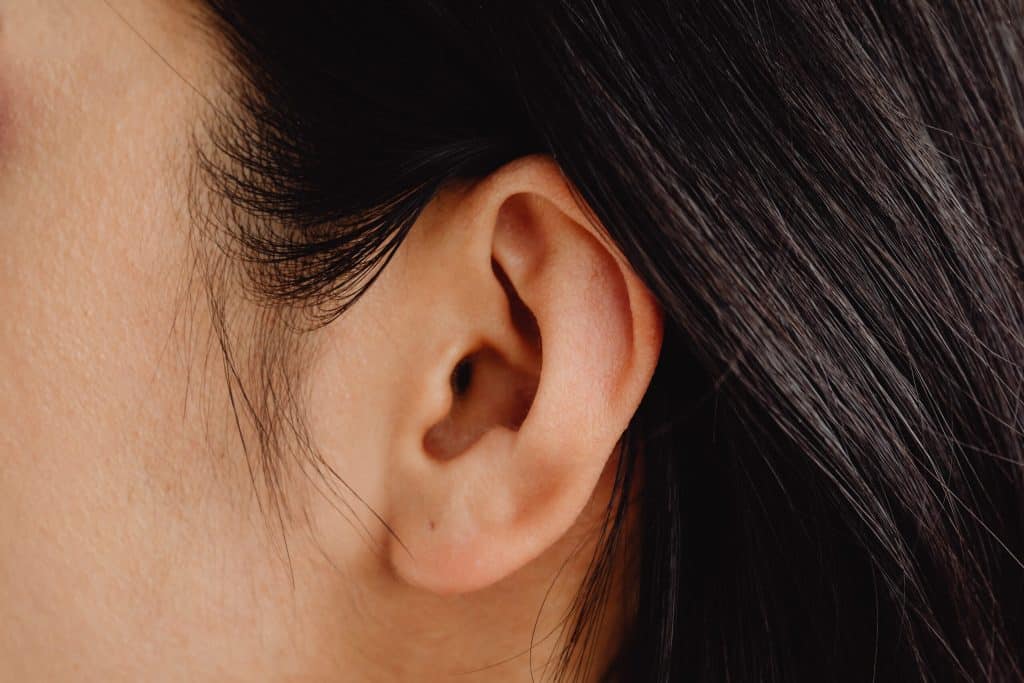Your ears are an amazing organ that gives you the ability to do everything from maintaining your balance to enjoying live music at Wildcatter Saloon. However, there’s probably a lot you don’t know about how your ears and hearing work.
Five Fun Facts About Your Ears

- Your ears have the three smallest bones in the body. There are over 200 bones in the human body, and your ear contains the three smallest, which are the malleus, incus and stapes. They work to help you hear by transmitting sound vibrations to the brain.
- Hair cells help you hear. Hair cells in your inner ear called stereocilia play a very important role in the hearing process. Damage to these cells can happen from exposure to loud noise, aging, certain medications and other factors. Enough damage can lead to permanent hearing loss.
- Men and women struggle with different sounds. Research has shown that women of all ages have a better ability to hear higher frequency or higher-pitched sounds (above 2000 Hz) than men. However, as women get older, they struggle to hear lower-frequency sounds more often than men do.
- Age makes it harder to hear high-pitched sounds. As you get older, you may find it harder to understand children’s voices or hear birds chirping outside your window. Hearing loss becomes more common with age, and in general high-pitched or high-frequency sounds become harder to hear first.
- Earwax keeps your ears clean. Earwax is sometimes associated with having “dirty” ears. While too much earwax can cause buildup and certain problems like ear pain or temporary hearing loss, most of the time, your ears do a good job of self-cleaning and regulating how much earwax you have. Not only that, but earwax actually helps keep your ears clean and safe by protecting them from dirt, bacteria and other debris.
How To Keep Your Ears Healthy
Because your ears play such a vital role in your life, it’s important to take steps to protect your health. You can do this in multiple ways, including:
- Using hearing protection devices when exposed to loud noise
- Listening to music and other media at a volume below 85 decibels (dB)
- Avoid using a cotton swab or sticking another object in your ear canal to clean your ears
- Make an appointment with an audiologist if you have signs of hearing loss or are experiencing persistent tinnitus (ringing in your ears).
- If prescribed hearing aids, wear them consistently
For more information or to schedule an appointment, call Today’s Hearing today.